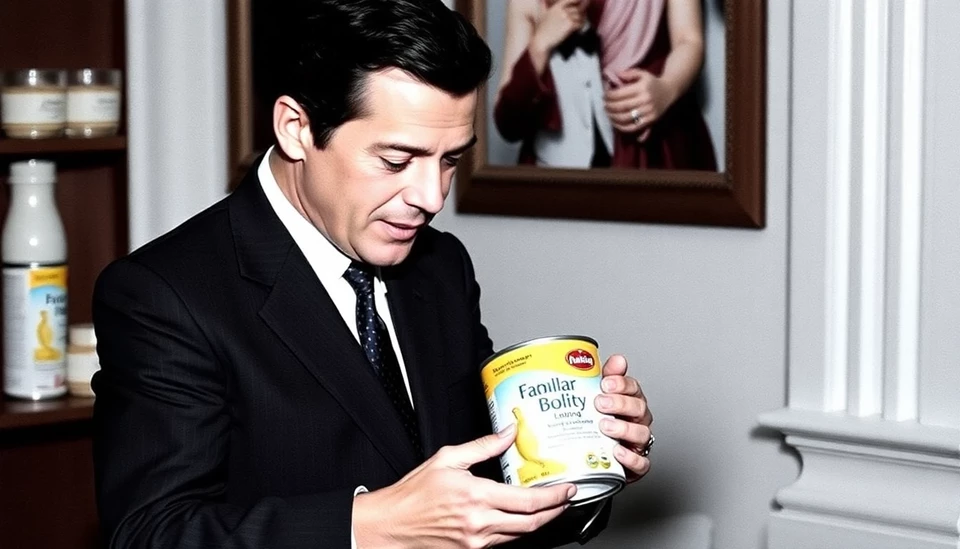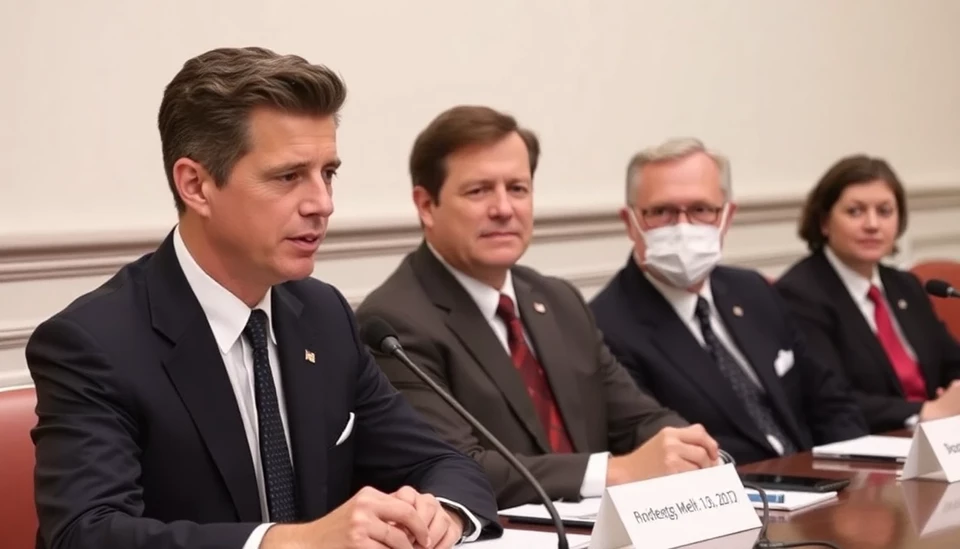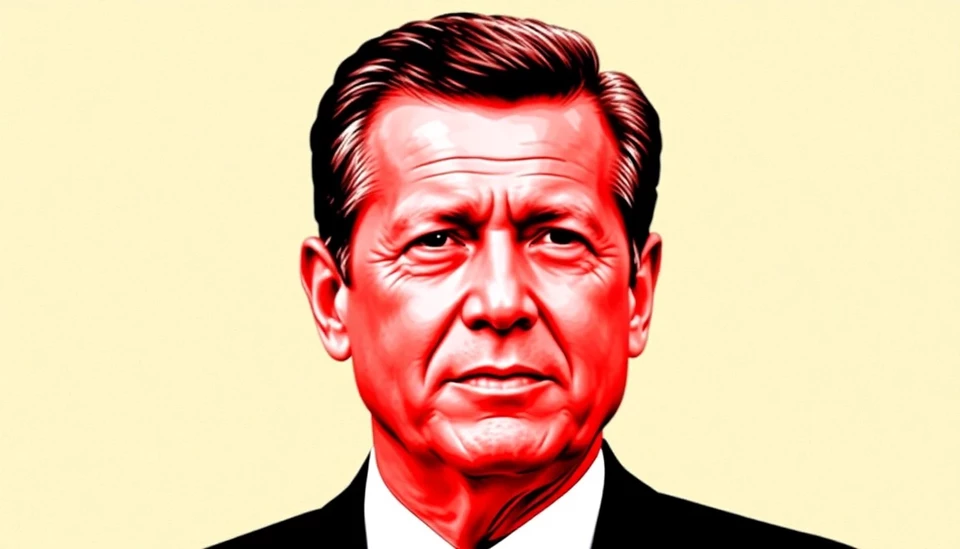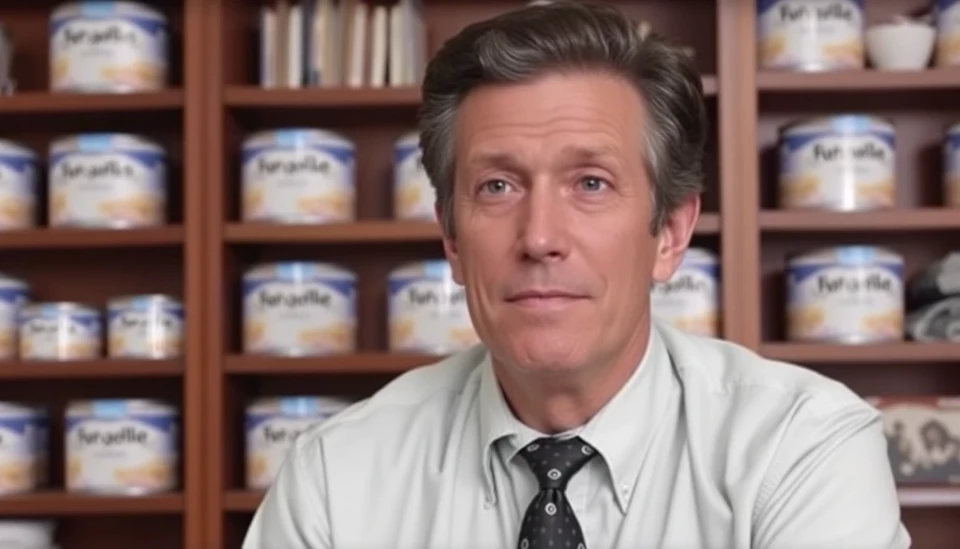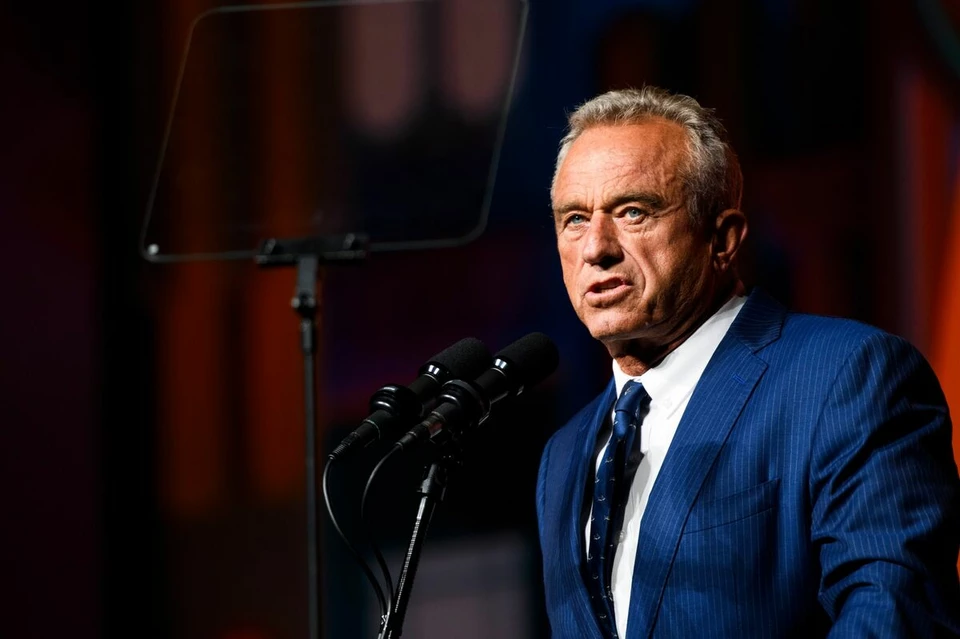
In a surprising turn of events within the political landscape, Robert F. Kennedy Jr. (RFK Jr.) has succeeded in attracting a notable segment of voters traditionally aligned with Donald Trump, primarily by addressing their anxieties surrounding food safety. RFK Jr.'s campaign has adeptly harnessed the growing discontent among consumers regarding the safety of their food supply—a concern that resonates deeply with many Trump supporters.
The interest in food safety has escalated significantly in recent years, influenced by various factors, including high-profile recalls and increasing consumer awareness regarding the origins and handling of their food. RFK Jr. has capitalized on this by advocating for stringent measures to enhance food safety regulations and promote transparency in food labeling. His vocal stance against corporate influence in the food industry has struck a chord among voters who feel marginalized by conventional political narratives.
Despite RFK Jr.'s Democratic lineage and progressive background, his messaging embraces a populist flair that resonates with a broader audience. This shift is not merely a strategic maneuver; it reflects a genuine concern over health risks associated with pesticides, GMOs, and additives that are often employed in mass food production. By aligning his ideals with the fears prevalent among Trump supporters, RFK Jr. distinguishes himself in a crowded political field, suggesting that food safety can unify disparate voter bases.
Moreover, RFK Jr. has positioned himself as a counter-narrative to conventional Democratic platforms, which have often downplayed such issues in favor of more traditional progressive agendas. His ability to frame food safety as an overarching, bipartisan issue has enabled him to reach beyond typical party lines, making his campaign particularly compelling in a contentious election cycle.
Analysts suggest that RFK Jr.'s focus on food safety is likely to resonate as a key issue with voters disillusioned by traditional politicians' inability to address their concerns adequately. This tactic could reshape parts of the voter landscape as he continues to attract attention and garner support by emphasizing health, safety, and consumer rights.
The poll numbers reflecting RFK Jr.'s rise indicate a shift that could have significant implications for both major political parties. As he continues to draw in those who once firmly sided with Trump—citing their desire for genuine change in food safety practices—this line of campaigning may influence broader discussions on agricultural policy and public health moving forward.
In conclusion, Robert F. Kennedy Jr.'s campaign exemplifies how addressing grassroots concerns—such as food safety—can create unexpected alliances within the electorate. His capacity to challenge the status quo while resonating with voters traditionally aligned with different political ideologies represents a fresh and genuine approach to modern campaigning.
#RFKJr #TrumpVoters #FoodSafety #Populism #PoliticalCampaigning #ConsumerRights
Author: Victoria Adams

